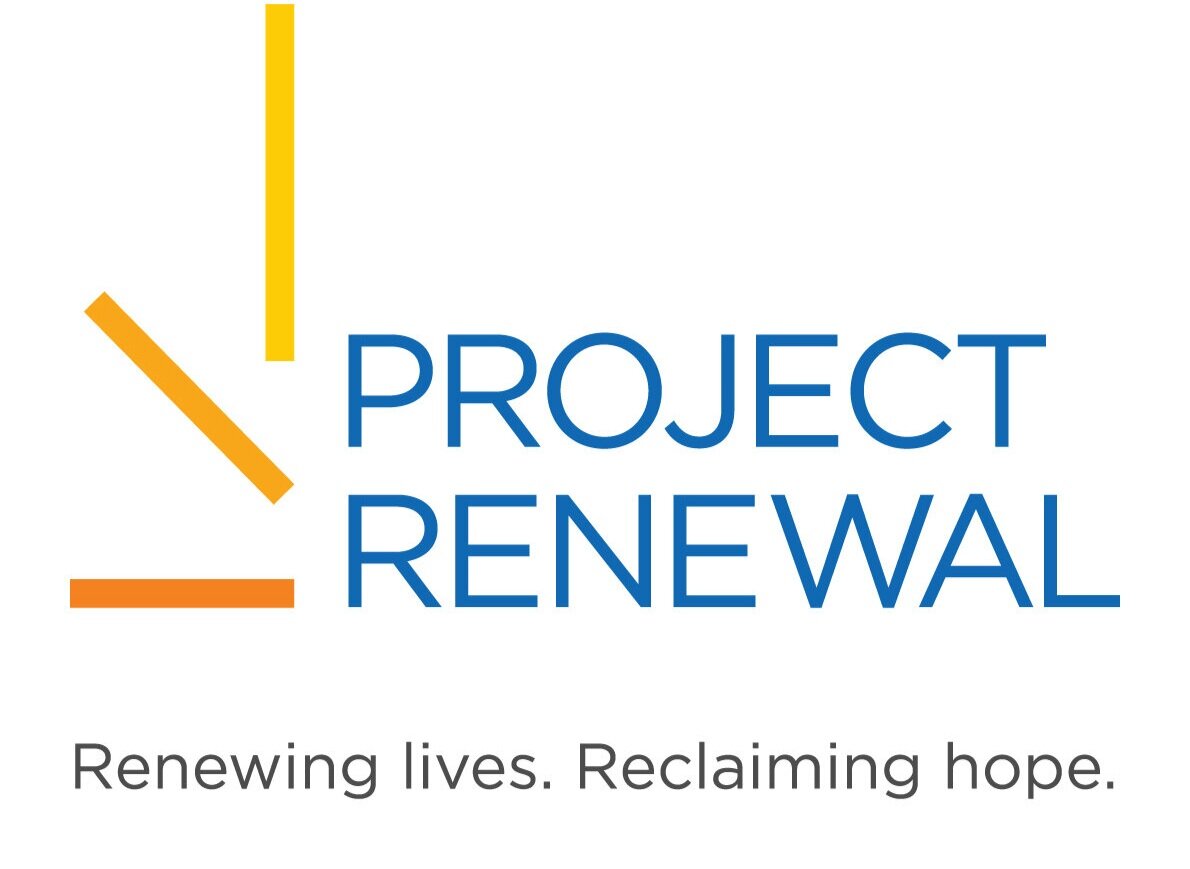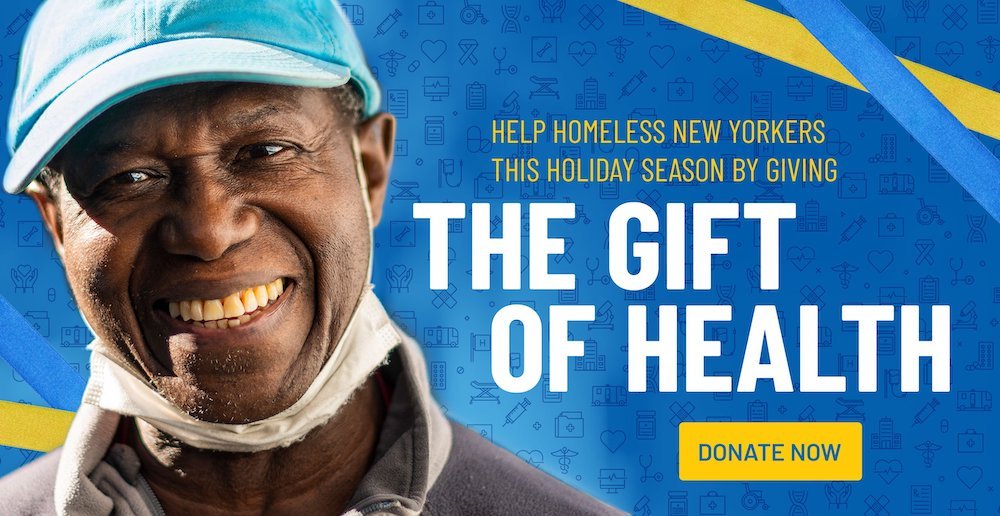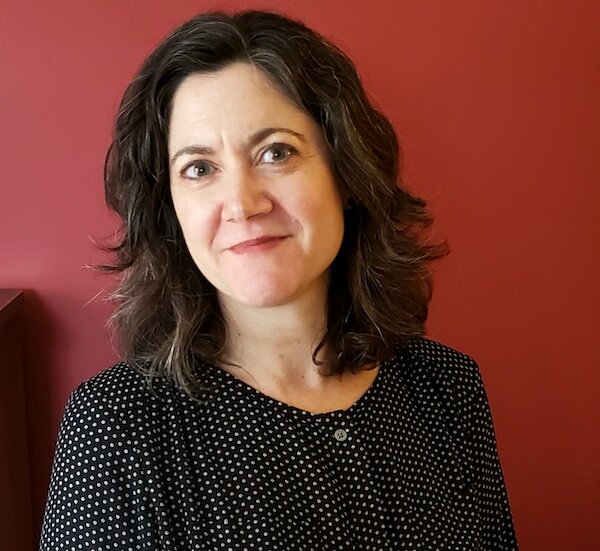Project Renewal Raises More Than $1.7 Million for Homeless Services and Supportive Housing at 31st Annual Benefit and Auction
/Project Renewal raised more than $1.7 million at its annual Renewal For New York benefit and auction on May 11 at Manhattan’s Pier Sixty.
Hosted by Shark Tank’s Kevin O’Leary, the event honored Dr. Talya Schwartz, President and CEO of MetroPlusHealth, New York City’s quality and affordable health plan. Dr. Schwartz was recognized for her commitment to working in and with New York City communities to address the social determinants of health and closing the gap to access to care for all New Yorkers.
L to R: Shark Tank’s Kevin O’Leary; Eric Rosenbaum, President and CEO of Project Renewal; Geoff Proulx, Chair of Project Renewal’s Board of Trustees; Dr. Talya Schwartz, President and CEO of MetroPlusHealth. – CREDIT: Ann Billingsley
James, who found lasting stability at Project Renewal’s Geffner House supportive housing program, spoke alongside Robin Kahan-Berman, Director of Occupational Therapy
Appointed President and CEO of MetroPlusHealth in 2019, Dr. Schwartz is an experienced health plan management and operations leader. During her tenure, MetroPlusHealth has achieved a 20% growth in membership, a five-star rating from New York State’s Consumer Guide, and overall net worth. Dr. Schwartz’s ongoing commitment to addressing the social determinants of health among New York City’s historically marginalized and underserved communities is the pinnacle of her leadership, actively ensuring that MetroPlusHealth remains at the forefront of supporting its members through holistic, field-based care.
“As New York City grapples with a homelessness crisis that has been exacerbated by the pandemic, Project Renewal’s front-line staff continues to deliver innovative health, homes, and jobs programs to our neighbors most in need. We are grateful to our benefit and auction attendees whose generous support will help us expand our important work, including the development of more critically needed supportive housing,” said Eric Rosenbaum, President and CEO of Project Renewal. “Project Renewal is proud to honor Dr. Schwartz, whose visionary leadership has made MetroPlusHealth our stalwart partner in providing holistic health care to thousands of New Yorkers experiencing homelessness each year.”
“It is a tremendous honor to accept the Community Leadership Award from Project Renewal, said Dr. Talya Schwartz, President and CEO of MetroPlusHealth. “At MetroPlusHealth, we are more than a health plan. For us, health is housing, and housing is health. In addition to addressing the physical and mental needs of our members, we believe that addressing their social determinants of health, such as housing, food insecurity, economic stability, and equitable access to quality, affordable health care, is essential to living healthy lives.”
Returning to an in-person format for the first time since 2019, Project Renewal’s 31st annual benefit and auction drew over 700 attendees who enjoyed cocktails, dinner, and a live auction presented by Lydia Fenet, Managing Director and Global Director of Strategic Partnerships at Christie’s. Project Renewal trustee Richard Kronick and Elizabeth Maruggio—both of Gerner Kronick + Valcarcel—chaired the festivities.
The event celebrated Project Renewal’s nine supportive housing programs which provide permanent homes and services to nearly 800 New Yorkers impacted by homelessness, mental illness, substance use disorder, and justice involvement. The program featured a video highlighting the story of an older adult named James who found lasting stability at Project Renewal’s Geffner House supportive housing program in Midtown West following a decades-long cycle of incarceration and homelessness.
Earlier this year in the Bronx, Project Renewal opened its newest affordable and supportive housing development, Bedford Green House, home to individuals and families leaving shelter and low-income tenants from the community. The LEED-certified building features on-site health and social services, and a rooftop green house and aquaponics farming system, among other amenities that support environmental and individual wellness. Construction will soon begin on the second phase of Bedford Green House, adding a medical clinic for the community, The Molly B. Kronick Library and Learning Center for residents, and more housing for a total of 234 units. Across all its programs, Project Renewal served more than 8,500 New Yorkers last year.
Many organizations generously sponsored the benefit and auction, including Morgan Stanley, GFP Real Estate, MetroPlusHealth, Arrow Security, Cushman & Wakefield, Gerner Kronick + Valcarcel, Architects, DPC, and SterlingRisk Insurance.




















